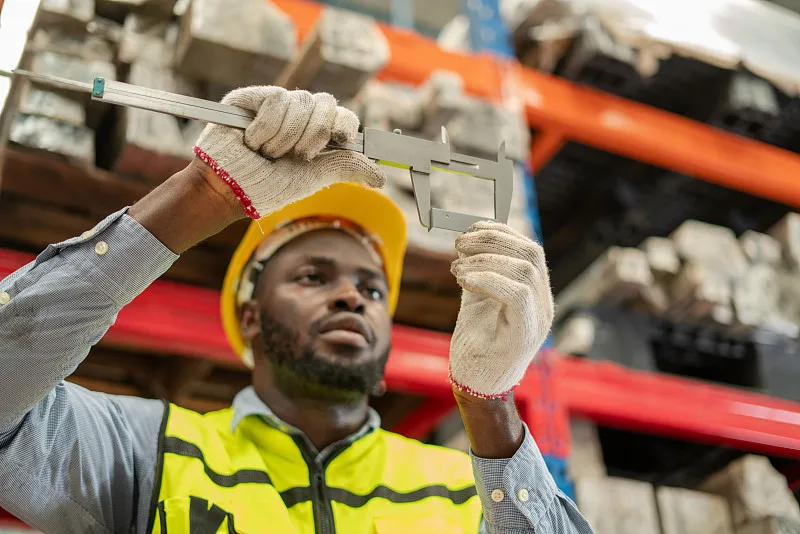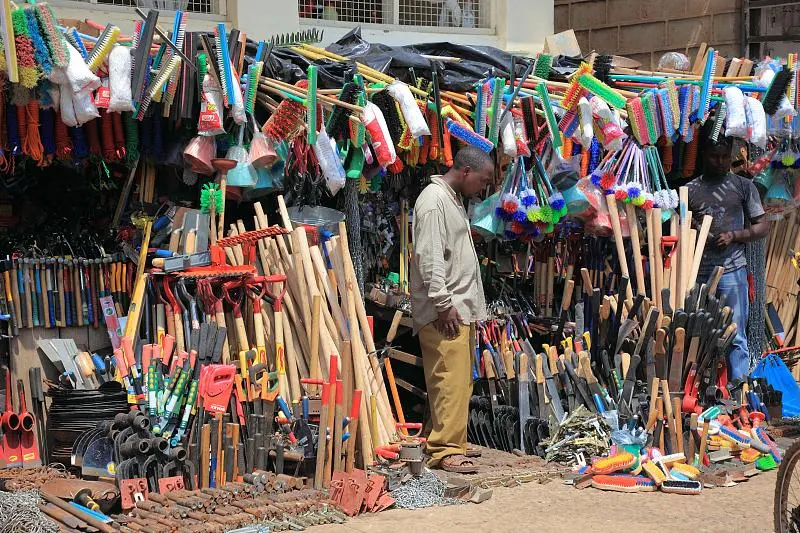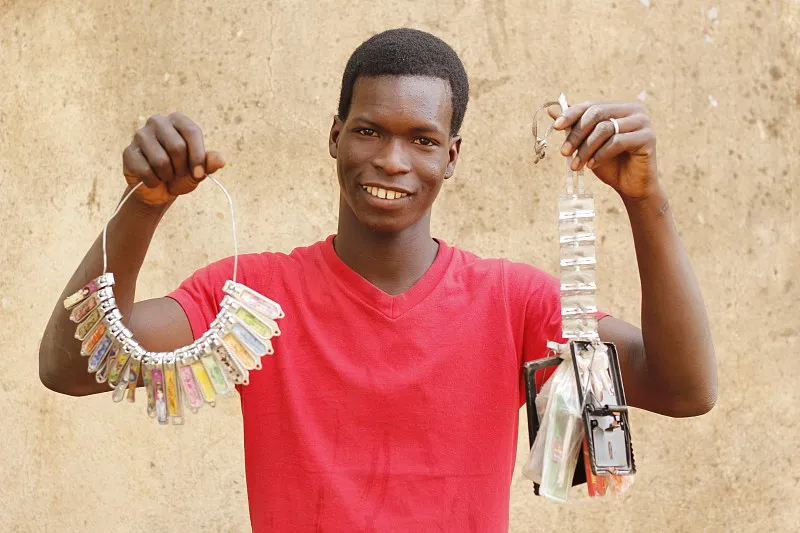China-Africa Hardware Trade Growth & Investment

Latest Developments in China-Africa Trade Cooperation
Trade Volume Growth: In 2023, China-Africa trade volume reached $282.1 billion, marking a 1.5% increase year-on-year and setting a new historical peak for the second consecutive year. In the first half of 2024, China’s imports from Africa amounted to $60.1 billion, showing a significant 14% growth year-on-year.
Agricultural Imports Surge: China’s imports of agricultural products from Africa have seen a positive growth for seven consecutive years. In 2023, the import value of fresh pears from South Africa increased by 1733% year-on-year, and the import value of avocados from Kenya increased by 624% year-on-year.
Investment Cooperation: By the end of 2023, China’s direct investment in Africa exceeded $40 billion, making it one of the continent’s primary sources of foreign capital. Over the past three years, Chinese companies have created over 1.1 million jobs locally.

Africa’s Rise and Opportunities
Africa, an ancient yet youthful continent, is capturing global attention with its astonishing economic development and population growth. The wave of infrastructure construction sweeping across Africa brings unprecedented opportunities for the hardware industry. The booming African economy not only implies a continuous increase in steel consumption but also signals an urgent demand for high-quality hardware products.
Latest Trade Dynamics: Steady Development in China-Africa Cooperation
In 2024, China-Africa economic and trade cooperation continues to develop steadily, with strong vitality and broad prospects. China has maintained its position as Africa’s largest trading partner for fifteen consecutive years. In the first half of 2024, China’s imports from Africa reached $60.1 billion, a significant 14% increase year-on-year, with agricultural imports showing a positive growth for seven consecutive years. China’s direct investment in Africa remains on an upward trend, with projects spanning various sectors including automotive, home appliances, and agricultural processing, creating over 10,000 jobs locally.

Economic Growth and Demographic Dividend
Africa is one of the fastest-growing regions in terms of economic development, with a vast demographic dividend, particularly with a young population constituting over 70%. It is projected that by 2050, Africa’s population will reach approximately 2.5 billion, actively embracing new technologies and attracting more businesses to expand into the African market.
Infrastructure Needs and China-Africa Cooperation
African countries generally lag in infrastructure construction, and many governments are actively promoting it. China’s Belt and Road Initiative can stimulate trade between China and Africa. Chinese companies have implemented hundreds of clean energy generation and power grid projects in Africa, helping African countries to better utilize solar, hydro, wind, and geothermal energy.
Deepening Trade and Investment Cooperation
In 2023, China-Africa trade volume reached $282.09 billion, a 1.5% increase year-on-year. China has implemented zero tariffs on 98% of tariff items for products originating from 27 of Africa’s least developed countries, establishing a “green channel” for African agricultural products to enter China, reducing trade costs.

Chinese Hardware: Partner in Africa’s Development
Chinese hardware products have earned a global reputation for their excellent quality and reasonable prices. In Africa, Chinese hardware products are highly favored for their cost-effectiveness. Many African countries are in the post-war reconstruction phase, with local building materials industries lagging in technology and unable to meet market demands, providing a vast market space for Chinese hardware products.
Demand Concentration and Import Dependence
In Africa, the demand for hardware products is mainly concentrated on saw blades, steel pipes, and various mechanical hardware, with 70% of hardware products depending on imports. Chinese building materials, production equipment, and construction machinery have a clear advantage in terms of variety, grade, and price, which is well-received by African consumers.
Cost-Effectiveness and Market Acceptance
Chinese hardware products meet the needs of the African market with their high cost-effectiveness. An African minister once stated that the prices of Chinese hardware products are very suitable for the African market. Compared to the high prices of European countries, Chinese hardware products offer a higher cost-performance ratio and are more in line with the purchasing power of African consumers.

Case Study: Kenya – Market Growth and Brand Influence
Taking Kenya as an example, it is expected that by 2025, the revenue from the hardware and building materials market will reach 6.75 billion Kenyan shillings, with an annual growth rate of 2.70%. The Chinese brand Ingco has established a stable and far-reaching brand influence in the Kenyan market.
High Profit Margins and Sustained Demand
The African building materials market is not only large in demand but also has high profit margins. Small building materials that sell for 1 yuan in China can be sold for 1 dollar in Africa. With the growth of infrastructure and foreign investment in Africa, the demand for Chinese hardware products is expected to continue to grow.
The increasing demand for Chinese hardware products in the African market not only provides Chinese companies with significant business opportunities but also supports Africa’s economic development and infrastructure construction. Chinese hardware companies are willing to be partners in Africa’s development, helping to enhance the industrial level and market competitiveness through technology transfer, training, and customized solutions, to achieve sustainable development together.
